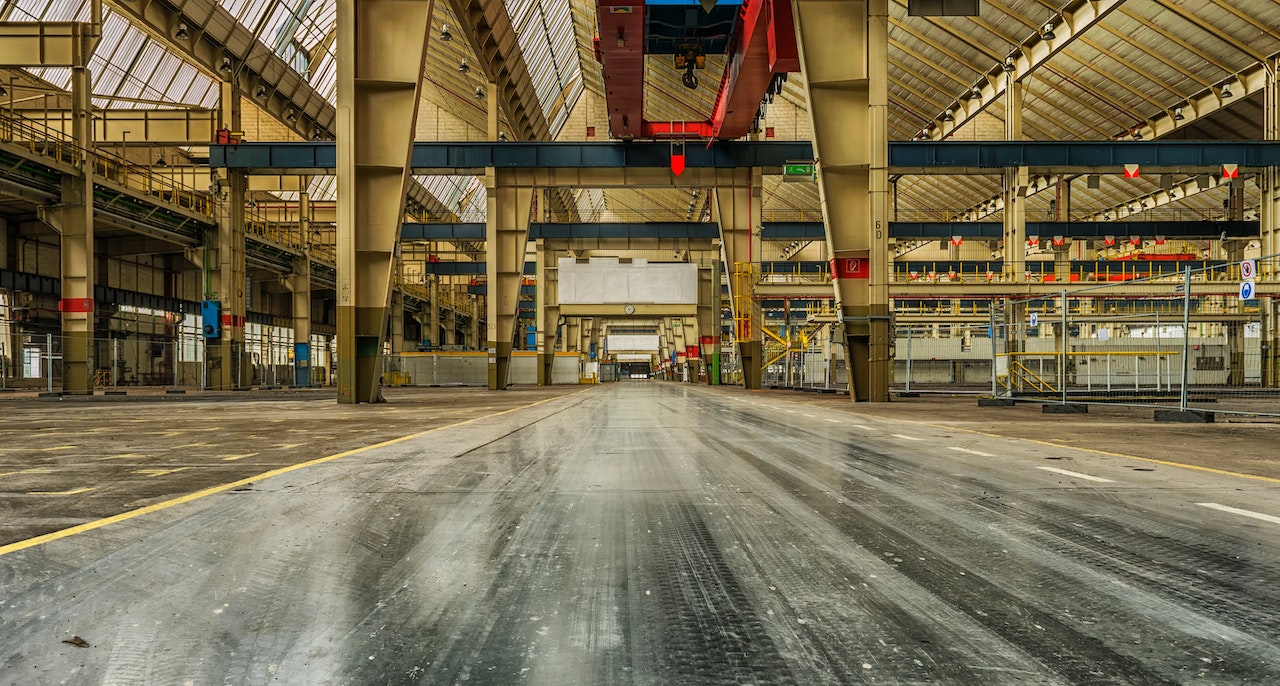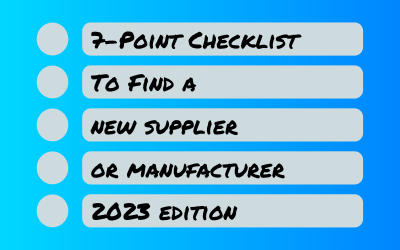Overseas manufacturers are a great option to consider when deciding on the manufacturing process you want for your product. If you’re looking to manufacture high-quality products quickly and affordably, you might want to think about offshore manufacturing.
But is working with an overseas manufacturer always a smooth process? Let’s dive into the pros and cons.
The Pros of Moving Production Overseas
Many firms move their production overseas as a cost-saving strategy. Drastically lowering production costs while maintaining product quality is a no-brainer for brands that have the means, or aren’t directly associated with local produce.
Let’s look at some of the key advantages for businesses in terms of offshoring their manufacturing processes overseas.
-
Lower Labor Costs and Access to Highly Skilled Labor
There are often more skilled manufacturing workers available in foreign countries than in the U.S. With the cost of American labor ever-increasing, countries that act as a lower-cost alternative have had plenty of time for their workforce to pick up industry leading skills.
Many companies are moving their production to Mexico to tap into their modernized infrastructure, their highly skilled workforce as well as the strong level of governmental support the sector enjoys.
-
Variety of Specialized Suppliers
Depending on the nature of your product, you may require sophisticated manufacturing facilities, high-tech equipment and a skilled workforce. In overseas countries with matured manufacturing competencies, you will likely have the choice of a wide variety of manufacturers to work with, many of which have been operating at the cutting edge for many years.
Ideally, your selected supplier should have the right equipment, experience, and skilled labor to manufacture high-quality products at a low cost.
-
Lower Capital Risk
Running a business requires a lot of investment, especially during the startup stage. By outsourcing manufacturing to other suppliers, you can effectively transfer this capital risk to others.
Having offshore production in a market geographically close enough could greatly reduce procurement costs, smooth your logistics chain and possibly shorten the lead time needed for delivery fulfilment – not to mention lower distance means lower freight costs.
-
Proximity to Raw Resources
Depending on your product, outsourcing manufacturing can provide proximity to the raw materials needed for manufacturing. This means that you can save on shipping costs to transport the raw materials to the manufacturing plant.
Established overseas manufacturers may also have mature supply chains or contacts of raw material suppliers that you may not have access to. These can save you from sourcing suppliers yourself, dramatically reducing time-to-market.
The Cons of Moving Production Overseas
-
Higher Shipping Rates and Longer Lead Times
While there may be better quality and a wider selection of goods being produced, shipment and tax implications may sometimes affect whether overseas production remains a viable business option.
Unless you’re shipping from Mexico, or other nearshore manufacturing hubs, shipping is likely to take a considerable amount of time before it can reach your customers. On top of that, understanding the nature of the overseas market would be crucial to anticipate any possible delays in shipment fulfillment. Shipments could be delayed due for many reasons beyond your control – political instability, customary holidays, state lockdowns to mention but a few.
-
Lack of Oversight
Unless you are intending to travel regularly, overseas production often means a lack of in-person oversight. While many meetings have moved to zoom or skype, some problems or quality control are much better dealt with in-person and on-site.
One solution to this is to find a local partner who can help be your ears and eyes at the factory. They can help you handle quality control, offering you a presence on-site to help head off problems before they occur.
-
Language and Cultural Barriers
Unless English is one of the main languages, many businesses are likely to face language and cultural barriers when working with an overseas manufacturer.
To avoid being lost in translation, you might benefit from a local bilingual partner who can act as a go-between in discussions. Having someone who can speak on your behalf will be a huge help when trying to avoid miscommunications and conflicts.
-
Risk of Intellectual Property Leaks
If you have a unique manufacturing process, product or design, you’ll likely be concerned about keeping that market edge for yourself. Depending on the manufacturer you may need to err on the side of caution when sharing the technical details of your products, particularly if your manufacturing partner is based in a country with less strict intellectual property laws.
One of the most common ways to counter this is to ensure that no single manufacturer is producing your entire product – by outsourcing different steps in the production chain to different manufacturers and assembling the final product in your own facility you can keep a tight leash on your IP. Alternatively, firms might also buy out and wholly own the ownership of the production plants offshore to mitigate such risks.
Deciding What’s Right for Your Business
All in all, businesses should conduct a thorough cost-benefit analysis to determine what risks exist and what level of risk they are willing to bear in order to reap the economic benefits from overseas production.
Moving production overseas is a great way to supercharge the growth of your business, but it’s important to plan mitigation strategies for any risks involved. Working with one of our trusted local suppliers is the best way to move your manufacturing overseas safely. If you want to cut costs and get access to cutting edge manufacturing talent, click below to start browsing today.











